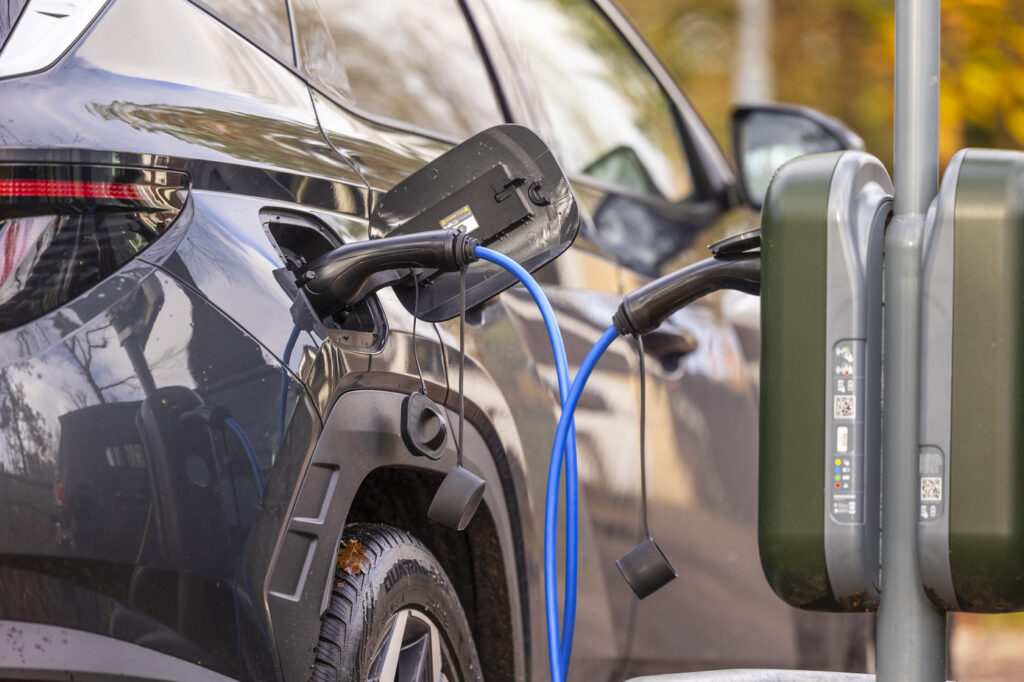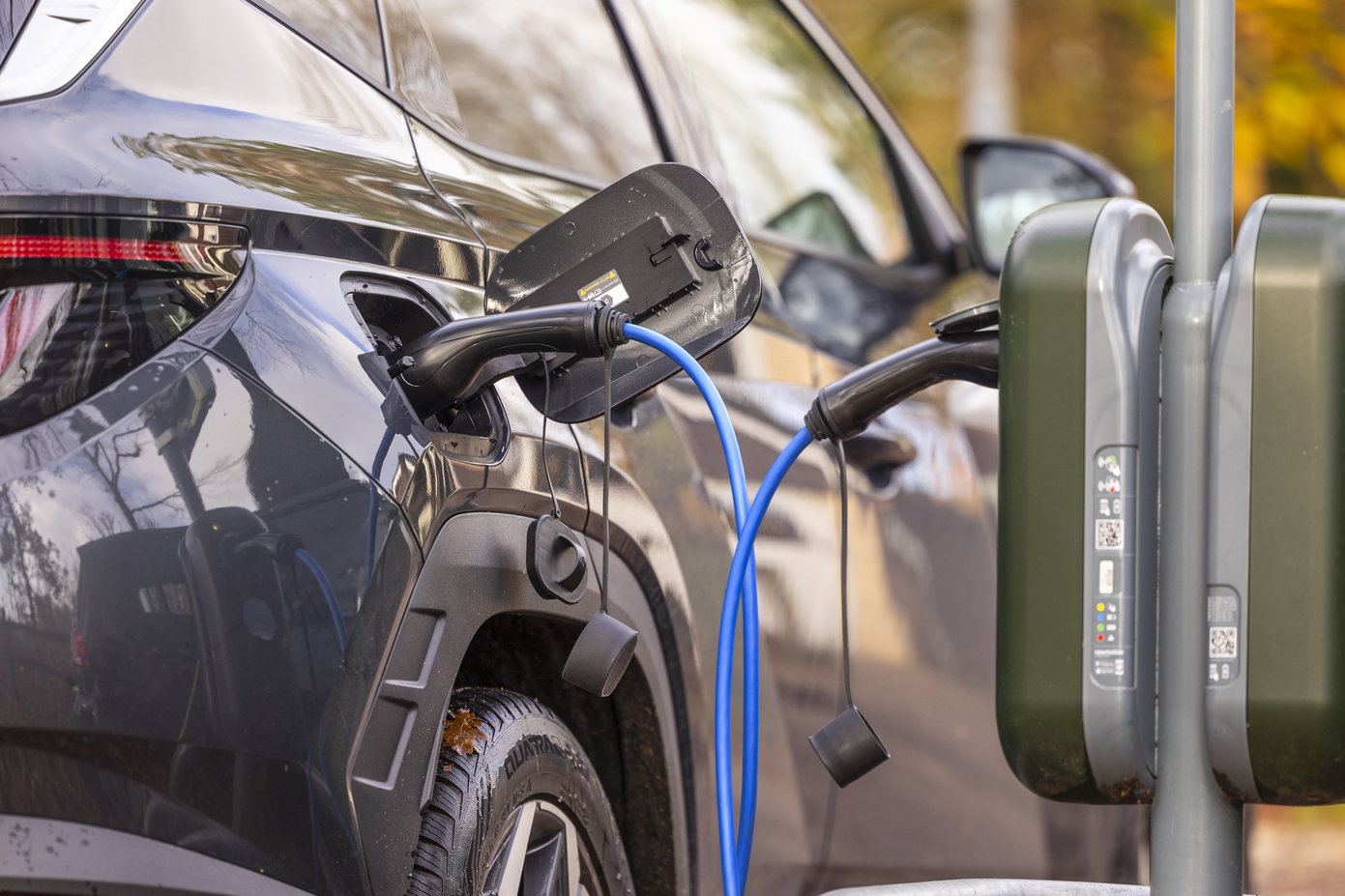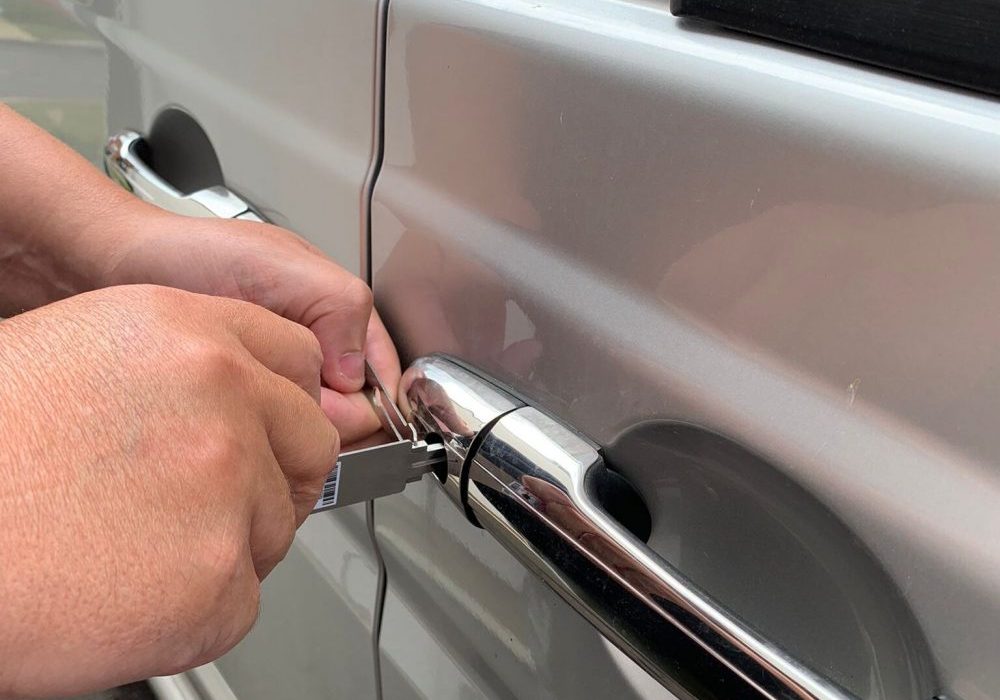
s an electric vehicle owner, it is important to be well informed about the different aspects of charging your car. One of the most important parts of the charging process is the charging cable. In this article, we will focus on the type 2 charging cable, which is commonly used with electric vehicles. We will discuss the different types of charging cables, including type 1 and type 3, and also cover mobile charging cables for household outlets and power sockets. In addition, we will discuss the safety certifications that are important when choosing the right charging cable for your electric vehicle.
Understanding the different types of charging cables
Before we delve deeper into the Type 2 charging cable, it is important to have a good understanding of the different types of charging cables available for electric vehicles. There are three main types of charging cables: type 1, type 2 and type 3.
Type 1 charging cables
Type 1 charging cables are mainly used in North America and Japan. They are only suitable for single-phase charging and therefore have a maximum charging capacity of 7.4 kW, provided the cable is rated for 32A. A type 1 cable rated for 16A will not be able to charge higher than 3.7kW. These cables have five pins and are suitable for charging vehicles with a type 1 charging port.
Type 2 charging cables
Type 2 charging cables, also known as Mennekes charging cables, are the most common charging cables in Europe. Suitable for 3-phase charging, they offer a higher charging capacity than type 1 cables and have a maximum charging capacity of 22 kW. A charging cable type 2 suitable for 3-phase charging up to 32A has a charging capacity of 22kW. The same charging cable but suitable for up to 16A has a maximum charging capacity of 11kW. This is also what most electric cars have as charging capacity. However, a type 2 charging cable with 22kW charging capacity can also charge just fine at 11kW (or lower).
Type 2 cables have seven pins and are suitable for charging vehicles with a type 2 charging port. These cables are often used at public charging stations and home chargers. There are five pins that serve for charging and the remaining two are there for communication purposes.
Type 3 charging cables
Type 3 charging cables are less common and are mainly used in France. They have a maximum charging capacity of 22 kW and are essentially the same as a type 2 charging cable. The only difference is that they are smaller and have additional safety valves.
Mobile charging cables for domestic sockets
Besides fixed charging cables, mobile charging cables are also available for charging your electric vehicle via a household socket. It is important to note that charging via a household socket is slower than charging at a charging station because the current is limited. It is therefore handy to have a mobile charging cable for emergencies or if you want to charge on the go. The mobile charging cable supplied by car manufacturers as standard charges up to 2.3kW. Fortunately, there are also mobile schuko charging cables on the market that charge up to 3.7kW. This way, you still have a slightly faster charging time.
Mobile charging cables for power sockets
For charging your electric vehicle via a power connection, such as a camping connection or an industrial power connection, mobile charging cables are also available. These cables often have higher charging capacities and are suitable for charging in locations where charging stations are not available. However, it is important to make sure that you have the right cable to suit your vehicle’s power connection and output.
Safety certifications in charging cables
When choosing a charging cable for your electric vehicle, it is essential to check that it meets the necessary safety standards. There are various safety certificates that indicate that the charging cable is reliable and safe to use. Some of the most important safety certificates include CE marking, TÜV certification and IEC standards. Make sure you choose a charging cable that has these certificates to ensure the safety of charging your electric vehicle.
Choosing the right charging cable for your electric vehicle is essential to charging safely and efficiently. In this article, we have informed you about the type 2 charging cable, which is commonly used in Europe. We have also discussed the different types of charging cables, such as type 1 and type 3, as well as mobile charging cables for household sockets and power outlets. Remember to always check that the charging cable meets the required safety standards before you buy it. With the right charging cable, you can enjoy your electric vehicle with peace of mind.















